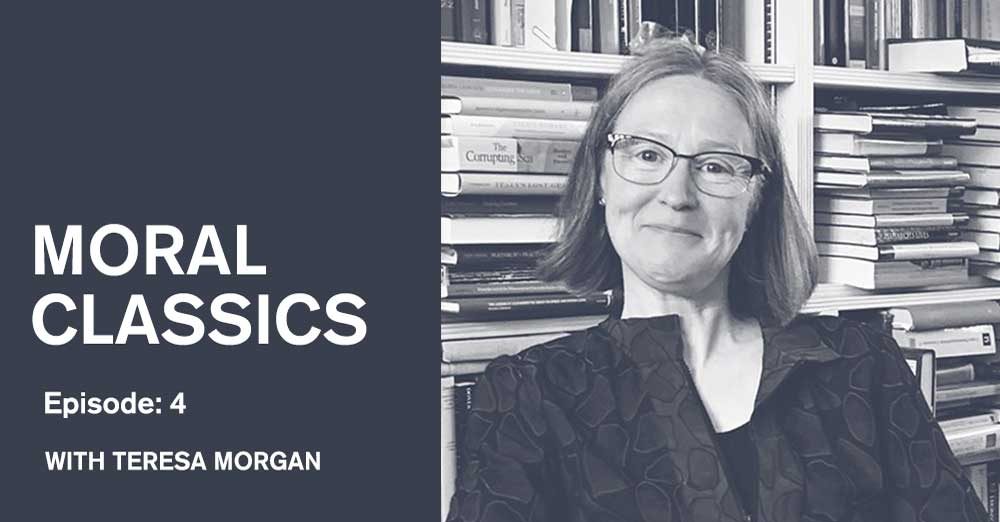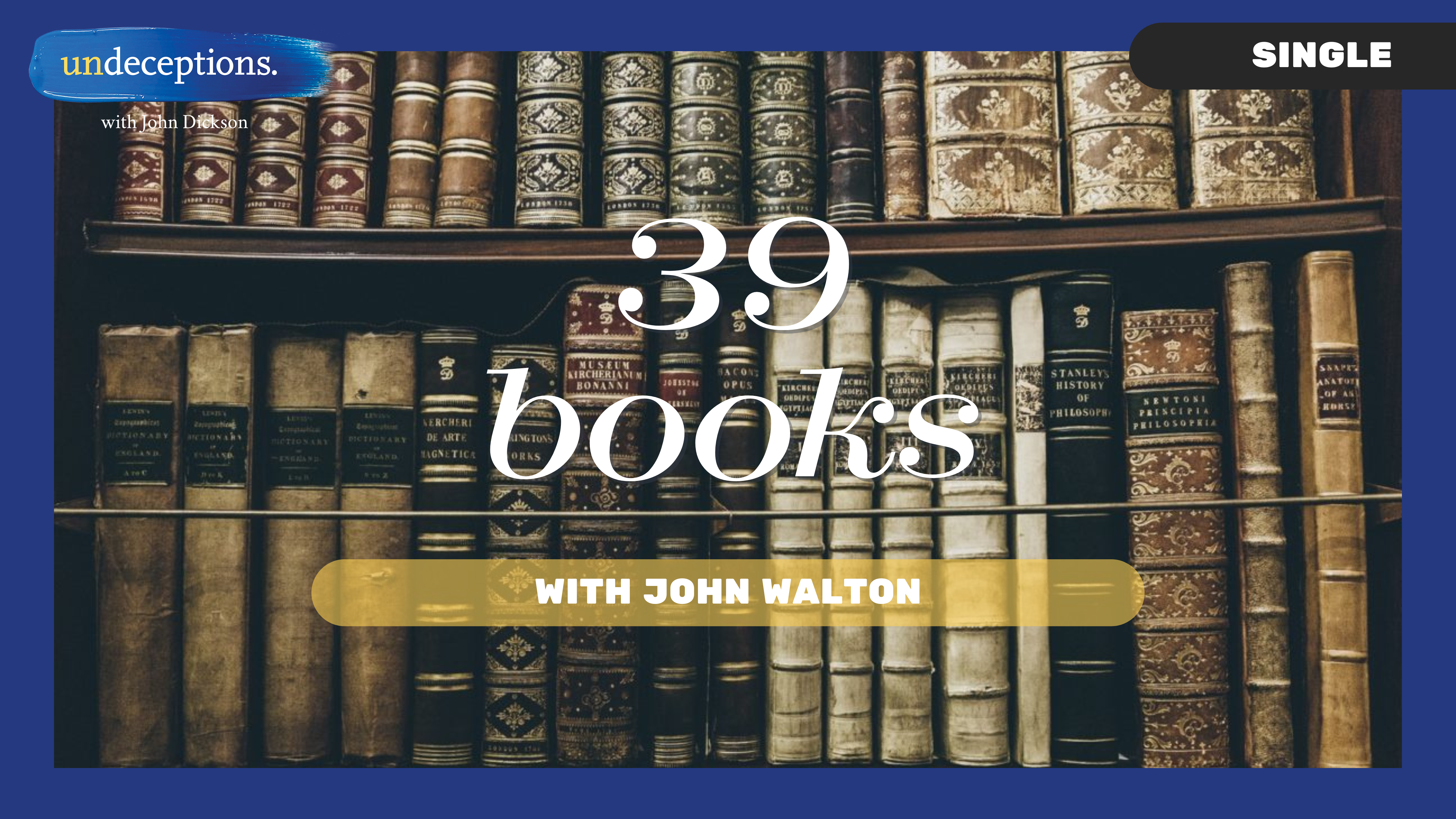The ethic of love at the heart of the New Testament sounds like ‘common sense’ to many today – it’s what any rational person would think about the good life. But it certainly wasn’t ‘rational’ or ‘moral’ in the Roman world, and it hasn’t been for most of world history.
In episode four of Undeceptions, John Dickson speaks with Teresa Morgan, a professor of Graeco-Roman History at Oriel College, Oxford University about what life was like for the average person living on the outskirts of Rome at the time of Jesus. What did they believe and what shaped their ideas on the ‘good life’. And how did the arrival of Jesus change everything?
Links related to this episode:
- Check out Professor Morgan’s books Roman Faith and Christian Faith: Pistis and Fides in the Early Roman Empire and Early Churches (2015) and Popular Morality in the Early Roman Empire (2007)
- Professor Morgan was in Australia earlier at University of New England to give the Keynote Lecture at the 2019 ASCS (Australasian Society for Classical Studies) Conference. Watch that address here.
- Find out more about Oriel College.
- Some of Aesop’s Fables have been made into a series for children on the BBC. Listen here.
- More on Zeus, Demeter.
- More on Tertullian.
- More on Emperor Constantine.
- Watch John Dickson in Centre For Public Christianity’s documentary For The Love of God. In episode 1, John talks about Christianity’s radical ethic of non-violence and ‘loving your enemies’.
- If it’s been a while, you should definitely take a look at the New Testament of the Bible, here.
Get to know our guest

Professor Teresa Morgan has been a Fellow and Tutor at Oriel College in Oxford University since 2000, having studied classics at Cambridge, Theology at Oxford, and violin and viola at the Royal Academy of Music. She teaches and writes on Greek and Roman history from the eighth century BCE to the Byzantine era. She is currently working on the evolution of Christian faith between the second and fifth centuries and its impact on the later Roman empire.















































